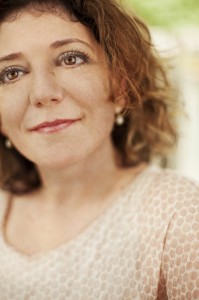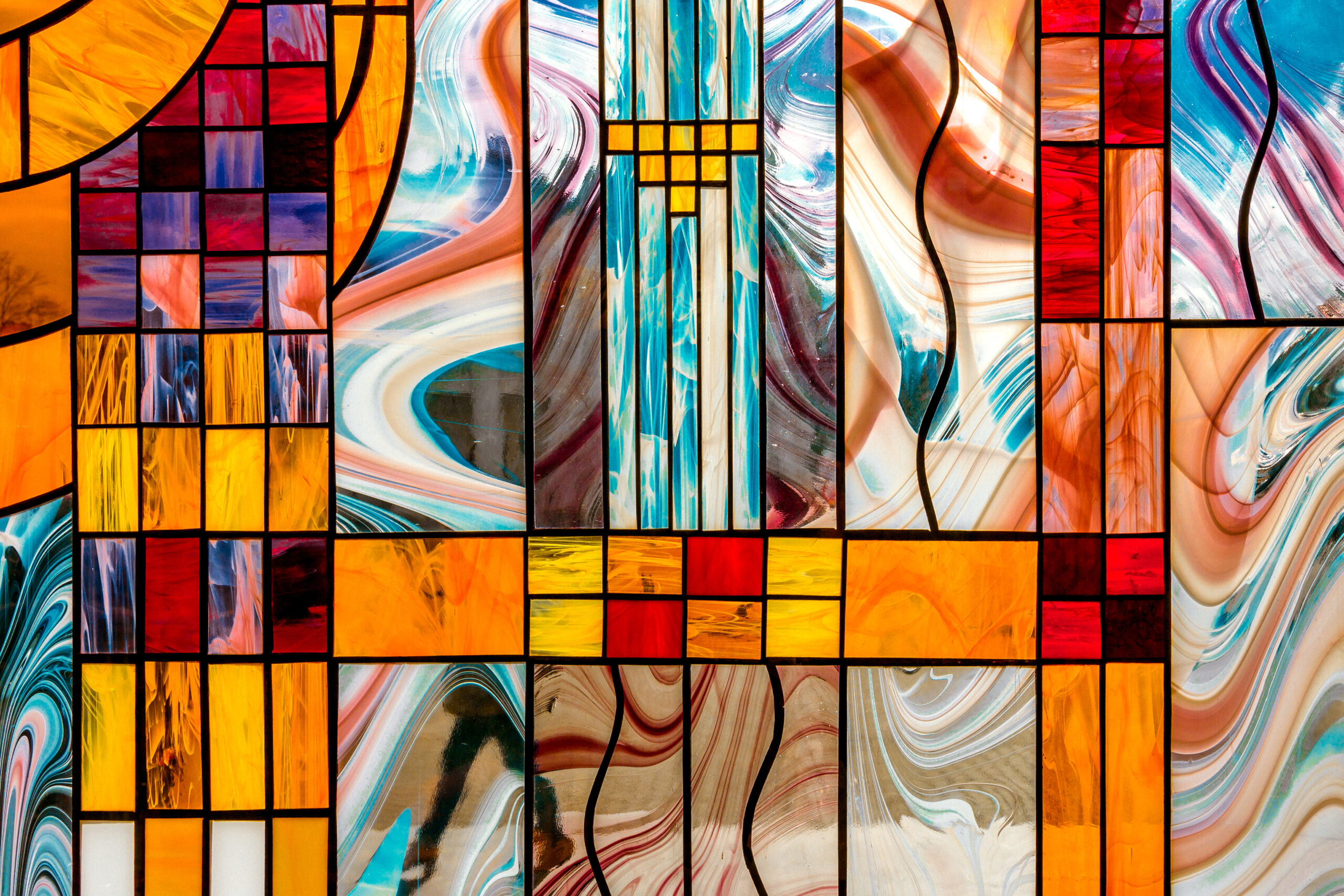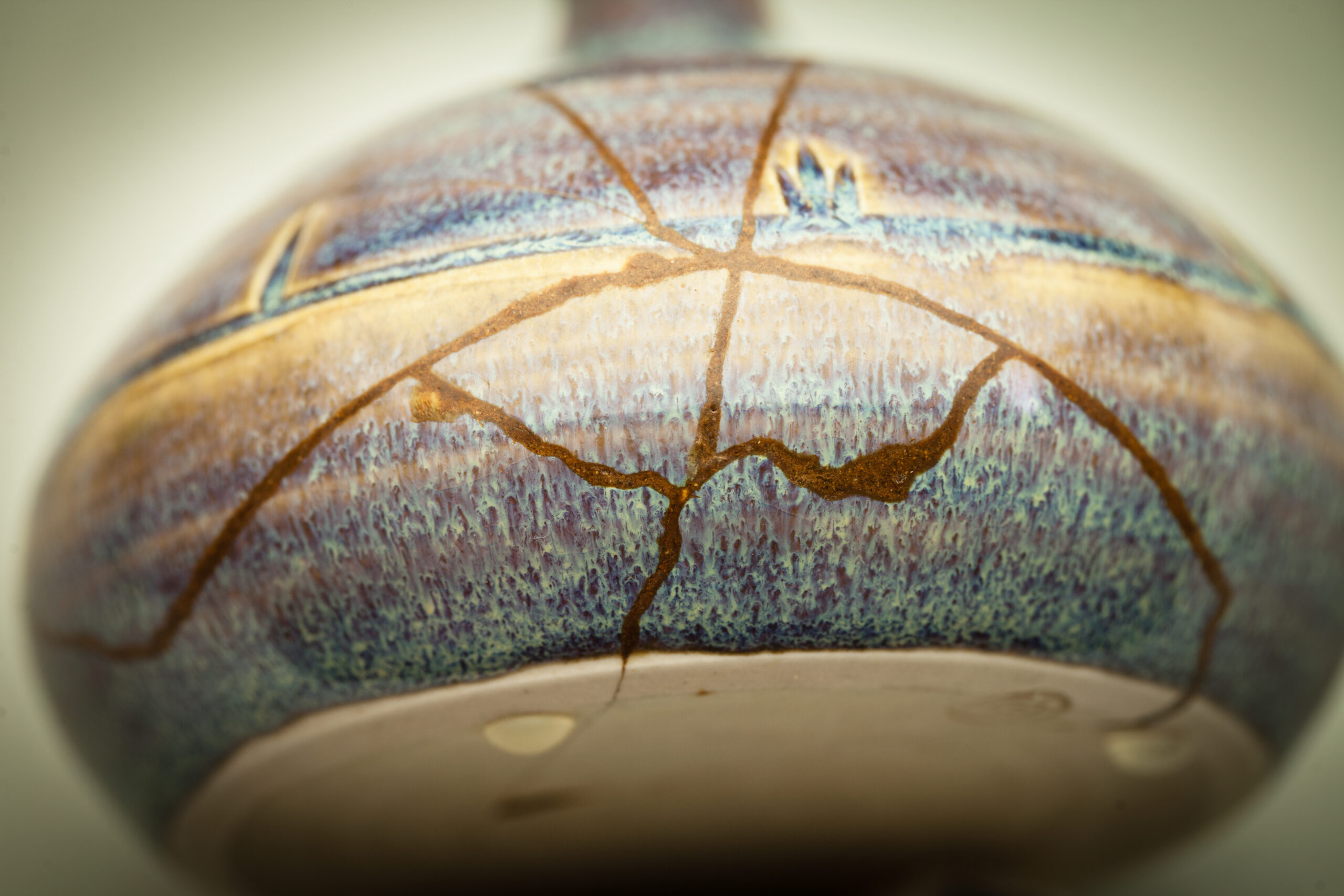Katie Steedly’s first-person piece [The Unspeakable Gift] is a riveting retelling of her participation in a National Institutes of Health study that aided her quest to come to grips with her life of living with a rare genetic disorder. Her writing is superb.
In recognition of receiving the Dateline Award for the Washingtonian Magazine essay, The Unspeakable Gift.
Enter your email here to receive Weekly Wide-Awake
Moral Fiction

” ‘I was thinking of that, too. It is what you thought. But listen to me: it may be less frightening than what you imagine. Follow me through this wood. It winds, and it is dark. But you are not alone.’ “
Mary Gordon, in “Moral Fiction”
In her essay, “Moral Fiction,” Mary Gordon asks about the role of fiction in the search for moral understanding. It pains me to say that I am not an avid fiction reader, and I have never really attempted to write fiction either. I gravitate to nonfiction when I grab books to read and I write nonfiction. (As an English major, who truly enjoyed fiction as a student, I make a pact with myself at the start of most years to read more fiction. Accomplishing that goal never happens.) However, this question still provokes me as an artist and lover of the arts. I think about role the arts, in general, play in questions of morality and ethics. I also think about how relevant are the arts to questions of morality and ethics in our current society. At this time when morality and ethics are painted with an Orwellian glaze, I turn to the arts.
Moral Fiction and Story
Gordon posits that the attraction to fiction, and particularly moral fiction, lives in story. She says we want to sit around a fire and see what happens next. That is story. She asks if part of fiction’s connection to story is that we all want to see good triumph over evil, or bad guys receive justice, or the heroes’ journey. Is that not connected to a moral consciousness? I ask, what does the mean for the arts, in general? If the core of moral fiction is about exploring moral consciousness through story, and our stories — way down deep — are ultimately our truth, then the arts are about finding and exploring our truth, which is the heart of our moral consciousness.
Moral Fiction and Relevancy
At this time of reality television driven by social media — mediated by gatekeepers clad in faux religiosity and political gamesmanship — we must examine the moral compass of our time. I assert the arts, including fiction, have been and continue to be a site for moral examination. At their best, the arts are a guide through the absolute loneliness and fear of life’s questions and uncertainty. The arts walk with with us through reality and imagination. The arts allow complexity in a complex world. They arts allow us to consider the not yet. That is why they have been, and will always be, relevant. As we seek to understand people with stories different from our own. As we seek to find common ground with others who we have harmed or who may have harmed us. As we seek to do the hard work of listening and forgiveness and being vulnerable, the arts build moral muscle memory. They test the elasticity of right and wrong. They shine a light on the shades of grey.
Sign up for Weekly Wide-Awake here.
About Katie

From Louisville. Live in Atlanta. Curious by nature. Researcher by education. Writer by practice. Grateful heart by desire.
Buy the Book!
The Stage Is On Fire, a memoir about hope and change, reasons for voyaging, and dreams burning down can be purchased on Amazon.





